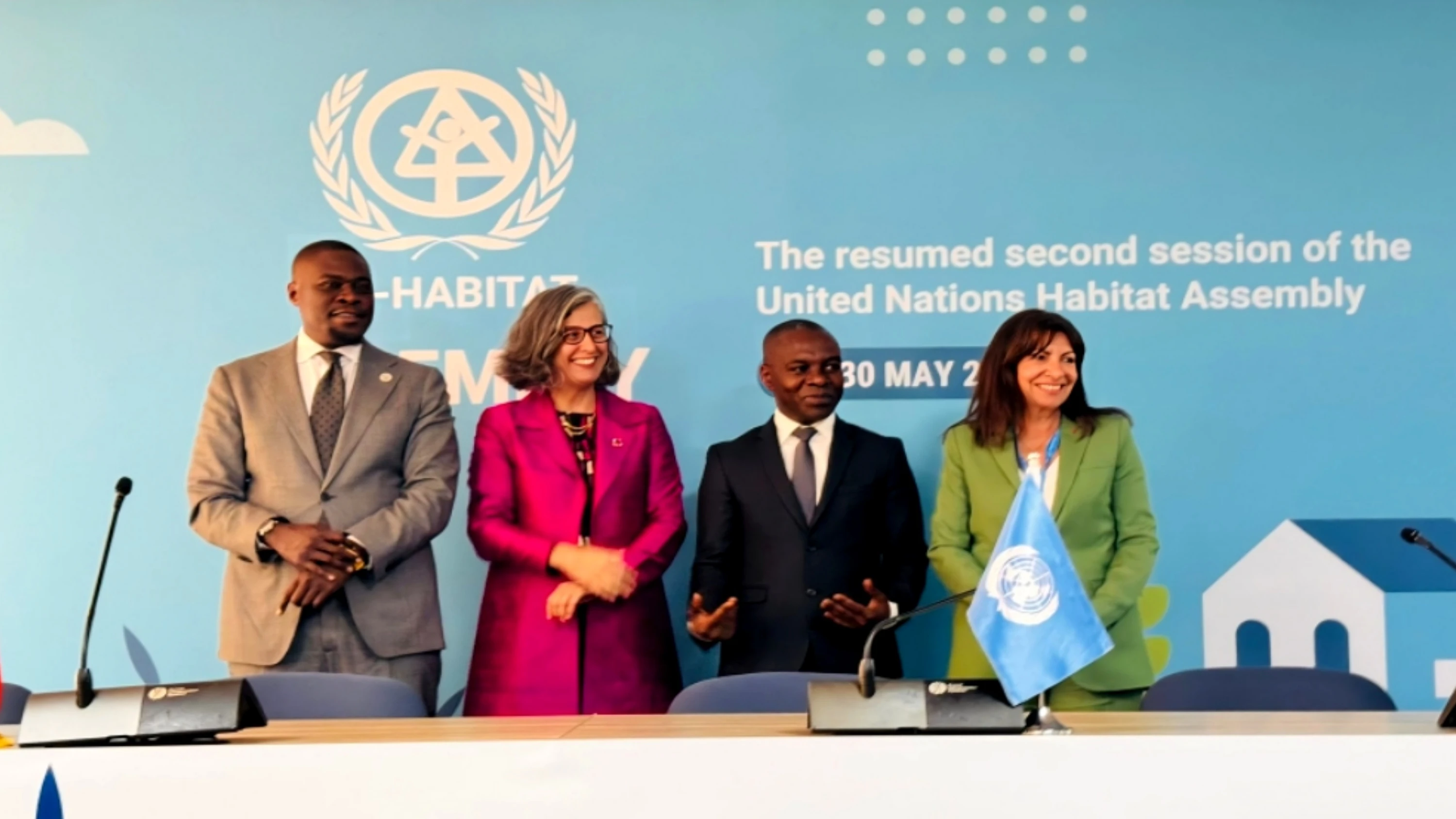New York: The UN High Commissioner for Human Rights, Volker Türk, has raised serious concerns over the growing number of enforced disappearances worldwide, calling for stronger international action to address the crisis. Speaking at a UN General Assembly briefing on Wednesday, Türk emphasized the devastating impact on families and the urgent need for accountability.
“The pain of not knowing what happened to a loved one never fades – it only deepens,” Türk said. He urged nations to step up efforts to prevent disappearances, investigate cases, and provide justice for victims and their families. The rise in missing persons has been largely fueled by armed conflicts, state repression, counter-terrorism operations, and crackdowns on dissidents and human rights defenders, he noted.
The President of the General Assembly, Philémon Yang, echoed Türk’s concerns, stressing that the international community has a moral obligation to locate and identify every missing person. The UN Working Group on Enforced and Involuntary Disappearances has documented over 62,000 cases across 115 countries over the past 45 years—a number Türk described as just “the tip of a very large iceberg.”
Recent global initiatives, such as the First World Congress on Enforced Disappearances, have demonstrated growing awareness of the issue. Türk called on more nations to ratify and implement the International Convention for the Protection of All Persons from Enforced Disappearance, a key treaty adopted in 2006. Despite its importance, only 77 countries have ratified it so far. The Convention guarantees the right of families to know the fate of their loved ones and ensures proper investigations into their disappearances.
A major obstacle to addressing the crisis, Türk noted, is widespread impunity. Many perpetrators of enforced disappearances remain unpunished, denying victims and their families the justice they deserve. He urged governments to conduct thorough investigations, prosecute those responsible, and strengthen forensic and judicial institutions to improve accountability.
Türk also underscored the crucial role of families—especially women—who often lead the search for missing relatives, despite facing risks and social stigma. Many struggle to access essential services due to legal barriers, leaving them vulnerable to poverty. In some cases, authorities fail to acknowledge their efforts or even intimidate them into silence. “They must be able to speak out safely, at home and abroad,” Türk insisted.
International efforts have started making a difference, Türk pointed out, citing the newly established Independent Institution on Missing Persons in Syria, which aims to uncover the fate of those missing in the country’s prolonged conflict. In February, its representatives visited Damascus and met with families, some of whom were being asked about their missing relatives for the first time.
Concluding his remarks, Türk reaffirmed the UN’s commitment to supporting victims and assisting governments in fulfilling their obligations. The Office of the High Commissioner for Human Rights (OHCHR) continues to push for the implementation of the Convention, monitor cases, and connect victims with international human rights mechanisms.
“This is a collective responsibility,” Türk said. “We must all do more for truth and justice, in solidarity with victims everywhere. Our shared humanity demands it.”








